
This think piece is inspired by an ongoing reflection of my name, and the names and associated identities of loved ones.
“What’s in a name? That which we call a rose. By any other name would smell as sweet.” Romeo and Juliet (II, ii, 1-2)
With respect, yeah right Shakespeare. Take a look at the list below. On one side, you will read traditional Iranian names. On the other, you might recognize common abbreviations or nicknames:
Manijeh — Meme
Behrad — Brad
Farideh — Fari
Babak — Bobby
Jahangeer — Johnny
Marjan — Marjie
The creative shortening of long and complex names: abbreviated, shortened, butchered, and diluted, ultimately, into misnomers. Abbreviated, shorted, butchered, and diluted into a name that sounds like or is similar to a common Western name. The process of shortening a name, or providing a nickname quickly after an introduction, is common practice in my life. The Manijeh Joons in my life started to go by Meme; Agha-e Jahangeer chose Johnny and Marjaneh identified as MJ. I did not question this common practice until friends asked me how to correctly pronounce the names of my family members. It was obvious that Agha-e Jahangeer did not look like a Johnny.
Many essays are written about names—their confining limits of power, mispronunciation, and misunderstanding. Following the mass shootings in Gilroy and El Paso, I was again called to reflect on my appearance and the visible ways that I represent someone, and something, different or separate from the dominant Western culture. While this may seem like a tired topic, I’m not sure it is. Not only do I look different—dark hair, olive skin tone—my name is also different. While the spelling of my name is certainly, and purposefully, Westernized, the spelling of Marriam (fingers crossed) was a conscious effort to make things easier. In conversations with my parents, this spelling was perhaps meant to function as a protective factor. Maryam sakht-e vasey-eh Americai-ah. The pronunciation of Maryam is too difficult for Americans, they often shared. In various introductions, many compared my name to the city of Merriam; I smiled and nodded, a grateful sense of relief that my name was easily associated with a common frame of reference. What’s off-putting about this sense of relief is that my name, as compared to names of my Iranian and Iranian-American peers, is common. My name is a protective factor when paired with my appearance.
In thinking about visible appearances of “otherness,” what is the function of shortening names? Is it an attempt at assimilating, or diving into cultural niceties of making life less inconvenient for others, or perhaps the adults in my life did not like their given name?
I hold my name as something sacred, and prefer friends and loved ones call me Marriam unless they are of Middle Eastern descent and can pronounce Maryam. While I identify with both names, as I am Marriam as much as Maryam, both names are the framework for the same person, and the same identity. Although one might associate my name with gol-e Maryam (don’t get too excited, Shakespeare), I recognize my name to be an extension of my family: a piece of my family’s immigration story, an effort to bridge Iranian and American culture, the name of a flower that also connects me with my sisters, as their names are also the names of flowers. My name connects me with my family and my Iranian-American culture. My name connects me with my parents, my sisters, my grandparents, aunts, uncles, and cousins; I carry them with me in my name.
Take a look below. You will see two versions of my name, my legal name with a Western flare, and my name with a Farsi pronunciation:
Marriam — Maryam
Both names represent something different as they are deemed as “other” than dominant culture. But both names are me.
I am Marriam.
I am Maryam.
Marriam is a graduate student studying clinical psychology. She explores her dual identity through narrative and written prose, often writing about her personal experiences as a first-generation Iranian growing up in Kansas City.
Questions? Comments? Story ideas? Please send me an email: marriamzarabi@gmail.com


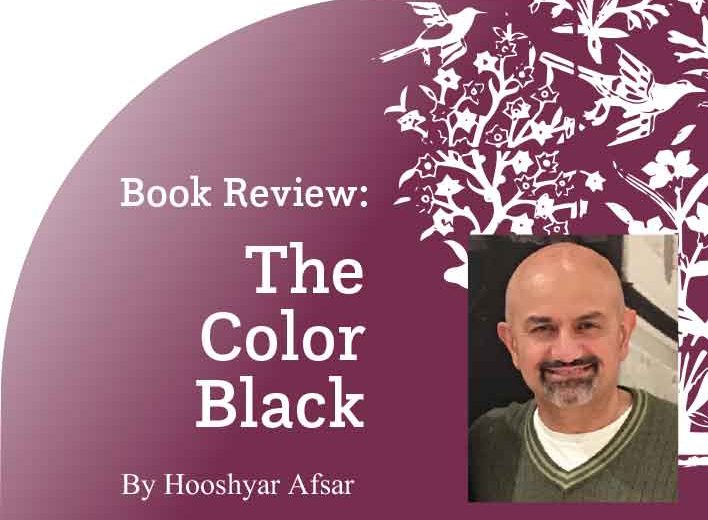
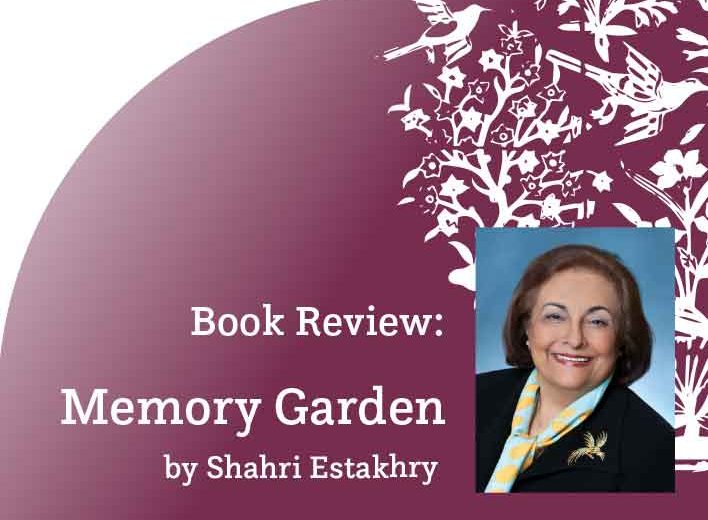
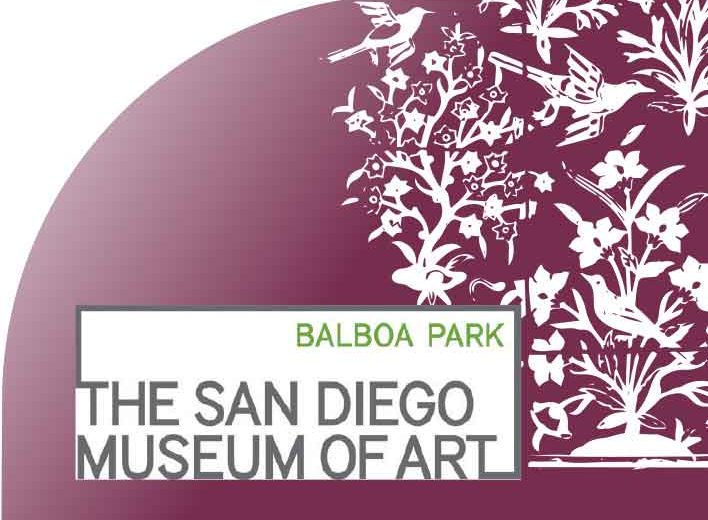
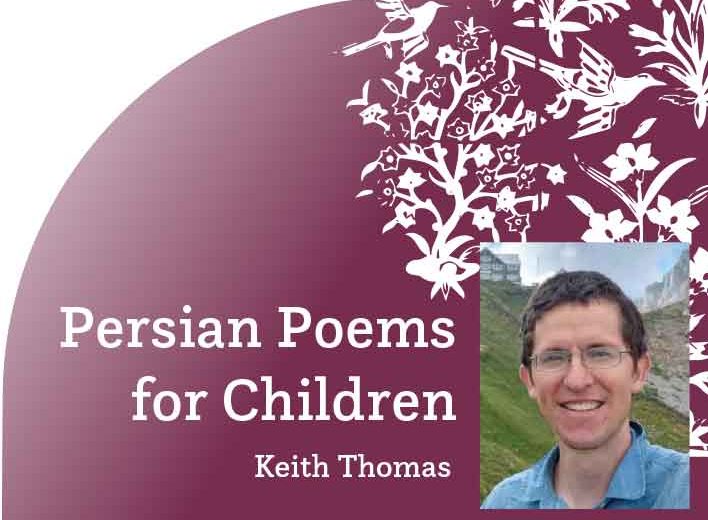
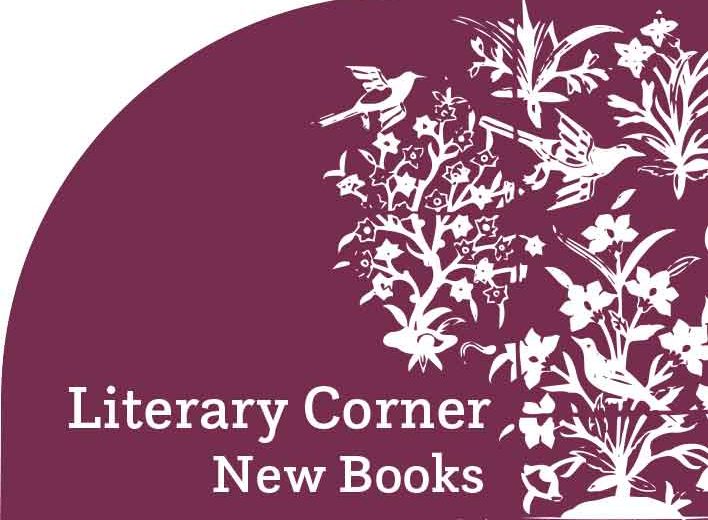
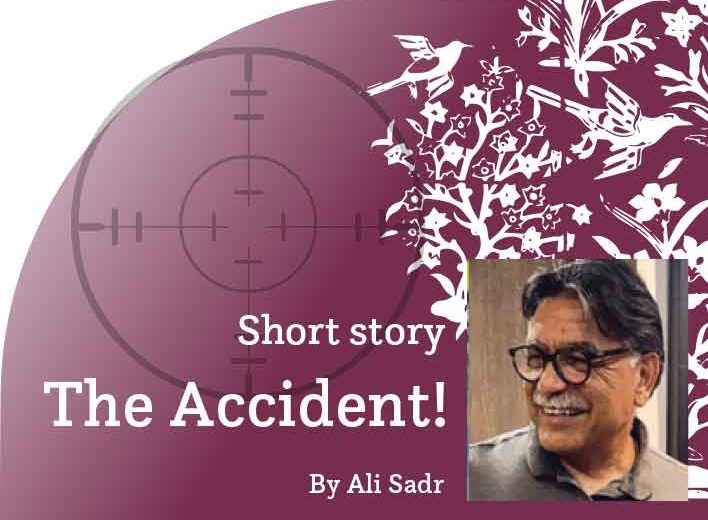
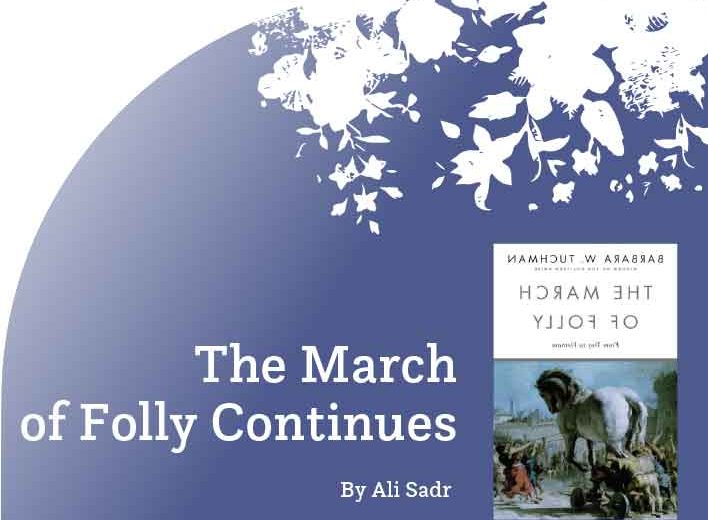
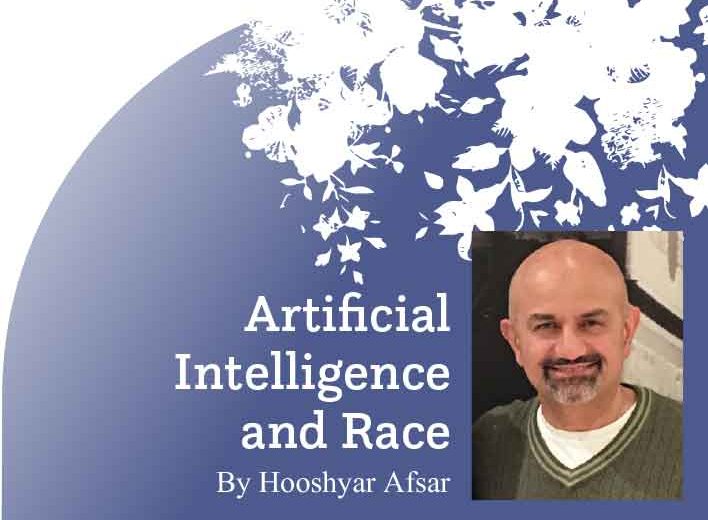



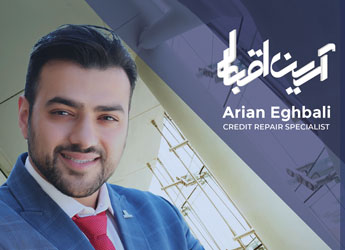





1 Comment
Evil pager January 10, 2023 at 8:35 am
Very nice post. I certainly appreciate this site. Keep it up!